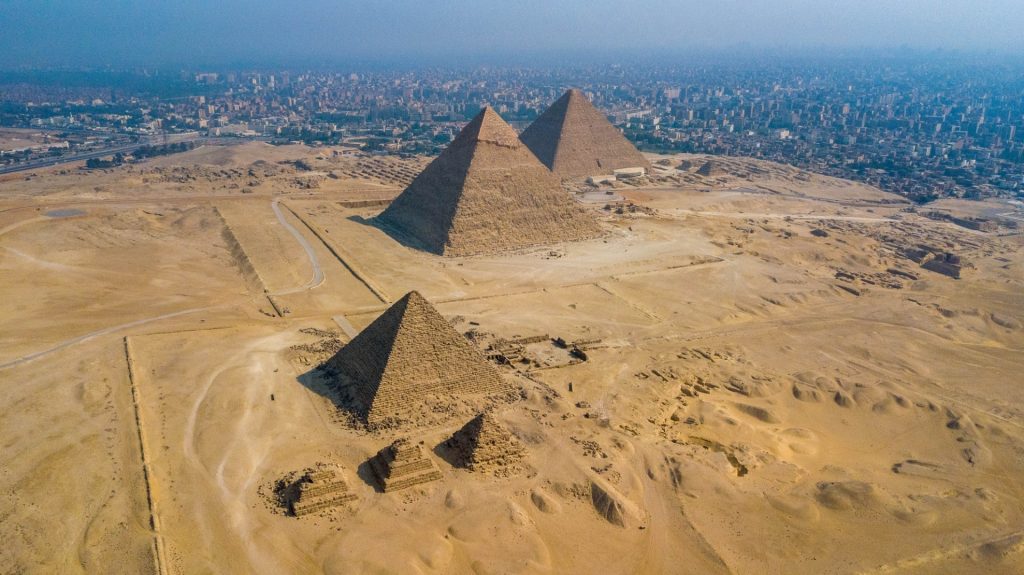The discovery was made in the dry basin of an old port.
Others are reading now
Researchers have uncovered what might be the earliest evidence of human-caused environmental pollution at the ancient site of Khufu’s harbor near Cairo, potentially reshaping our understanding of the history surrounding the Great Pyramid of Giza.
Oldest Instance in History
The discovery was made in the dry basin of an old port that dates back about 4,600 years. This area, now parched, was once a bustling harbor during the era of pyramid construction, according to Illustreret Videnskab.
The research team, composed of archaeologists, chemists, and geologists, identified copper contamination levels in the soil that are five to six times higher than natural levels. French geochemist Alain Véron, a lead researcher in the study, highlighted that this finding represents the oldest recorded instance of local pollution in history.
Also read
Reevaluation of Ancient Egyptian History
The team employed inductively coupled plasma mass spectrometry (ICP-MS) to measure the concentrations of copper, arsenic, aluminum, iron, and titanium in soil samples. This technique allows scientists to detect even trace amounts of metals.
The results, combined with six carbon-14 datings, indicate that copper pollution in the area began around 3265 BC, 200 years earlier than previously believed. This new timeline suggests that the construction and use of the Great Pyramid of Giza occurred against a backdrop of significant environmental impact.
The study also found that pollution peaked between 2500 and 1000 BC, during the height of pyramid construction. This evidence of persistent heavy metal activity implies that daily life for ordinary Egyptians remained relatively stable despite the political and military upheavals of the time.
This breakthrough could lead to a reevaluation of ancient Egyptian history, offering new insights into how environmental issues influenced the civilization’s development and daily life.


